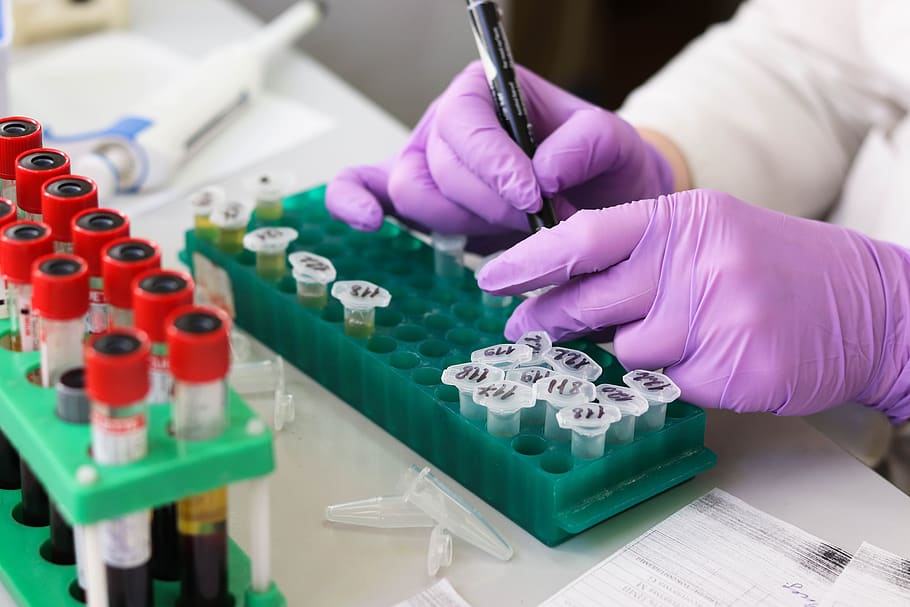Featured
Restoring trust in the Covid-19 supply chain market
How South African firms and government can safeguard against corruption in procurement, distribution and administration of vaccines.
Share
- Click to share on X (Opens in new window) X
- Click to share on Facebook (Opens in new window) Facebook
- Click to share on LinkedIn (Opens in new window) LinkedIn
- Click to email a link to a friend (Opens in new window) Email
- Click to share on Reddit (Opens in new window) Reddit
- Click to share on WhatsApp (Opens in new window) WhatsApp
- Click to share on Pinterest (Opens in new window) Pinterest
The rollout of Covid-19 vaccines in South Africa is viewed with more than a little scepticism.
The provision of personal protective equipment (PPE) when the pandemic reached the country in 2020 was a process so strung by corruption that public confidence in the state plummeted to depths even greater than what had been seen before.
Potentially corrupt Covid-19 spending has already cost the country billions of rand according to law enforcement agencies, and that only factors in cases that are being investigated.
The erosion of trust has meant the management of vaccine distribution is under severe scrutiny — a situation that needs to be remedied quickly if the rollout is to prove effective.
One way to achieve this is by following the lead of the world’s leading pharmaceutical companies.
According to internationally-recognised life science experts Greg Reh and Hanno Ronte, writing on online platform PharmaBoardroom.com, vaccine manufacturers like Oxford/AstraZeneca, Moderna, and Pfizer/BioNTech displayed almost unprecedented transparency about their respective vaccine trials.
This had the effect of being “a great win for public trust”.
The other key component to restoring the public’s faith are the supply chains themselves.
Dr Juanita Maree, chairperson of the South African Association of Freight Forwarders (SAAFF), readily acknowledges these chains have been exposed to bribery, cronyism, nepotism and embezzlement in the past.
However, she says, there is every reason to believe corruption can not only be avoided, but stamped out entirely when it comes to vaccine distribution.
Her belief stems from the fact that operators in the extended supply chain have created a standard operating procedure (SOP) for the clearance process of international imports of the Covid-19 vaccines.
The SOP was being sent to South Africa’s partially state-owned vaccine manufacturer Biovac and Business for South Africa for adoption, Maree says.
“Covered in the SOP is the scope, background, prerequisites, and escalation information regarding the import processes,” Maree says.
On the face of it, removing corruption at the supply chain stage is relatively simple.
Maree advocates for a monitoring of the end-to-end distribution chain once the vaccines arrive in South Africa, coupled with the creation of a dedicated tariff heading in order to monitor the export and trans-shipment cycles.
She also suggests the risk engine is improved once the vaccines reach the country.
In order for this strategy to be effective, it is essential that adequate amounts of the vaccine are secured by government, and delays are avoided at all costs.
“We have to maintain the integrity of the cold chain,” Maree says.
Click below to read on about South Africa’s reality and how it can be mitigated.
Share
- Click to share on X (Opens in new window) X
- Click to share on Facebook (Opens in new window) Facebook
- Click to share on LinkedIn (Opens in new window) LinkedIn
- Click to email a link to a friend (Opens in new window) Email
- Click to share on Reddit (Opens in new window) Reddit
- Click to share on WhatsApp (Opens in new window) WhatsApp
- Click to share on Pinterest (Opens in new window) Pinterest
Pages: 1 2
| Thank you for Signing Up |


















